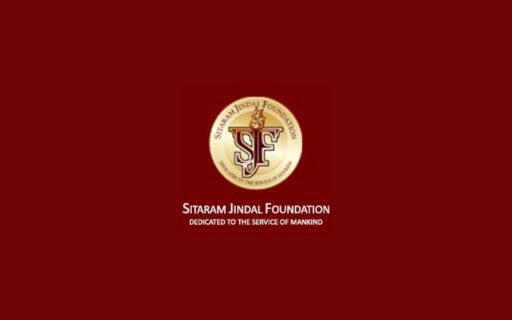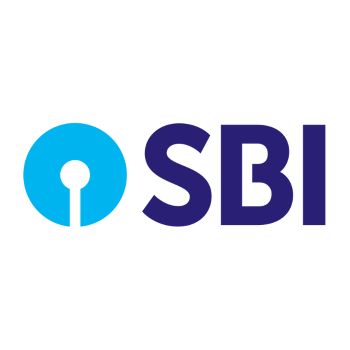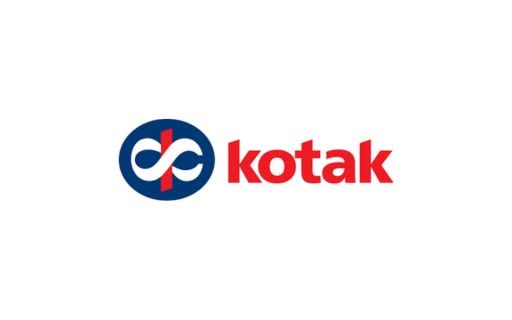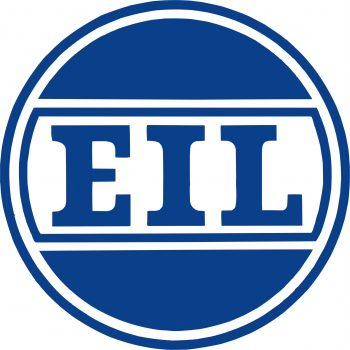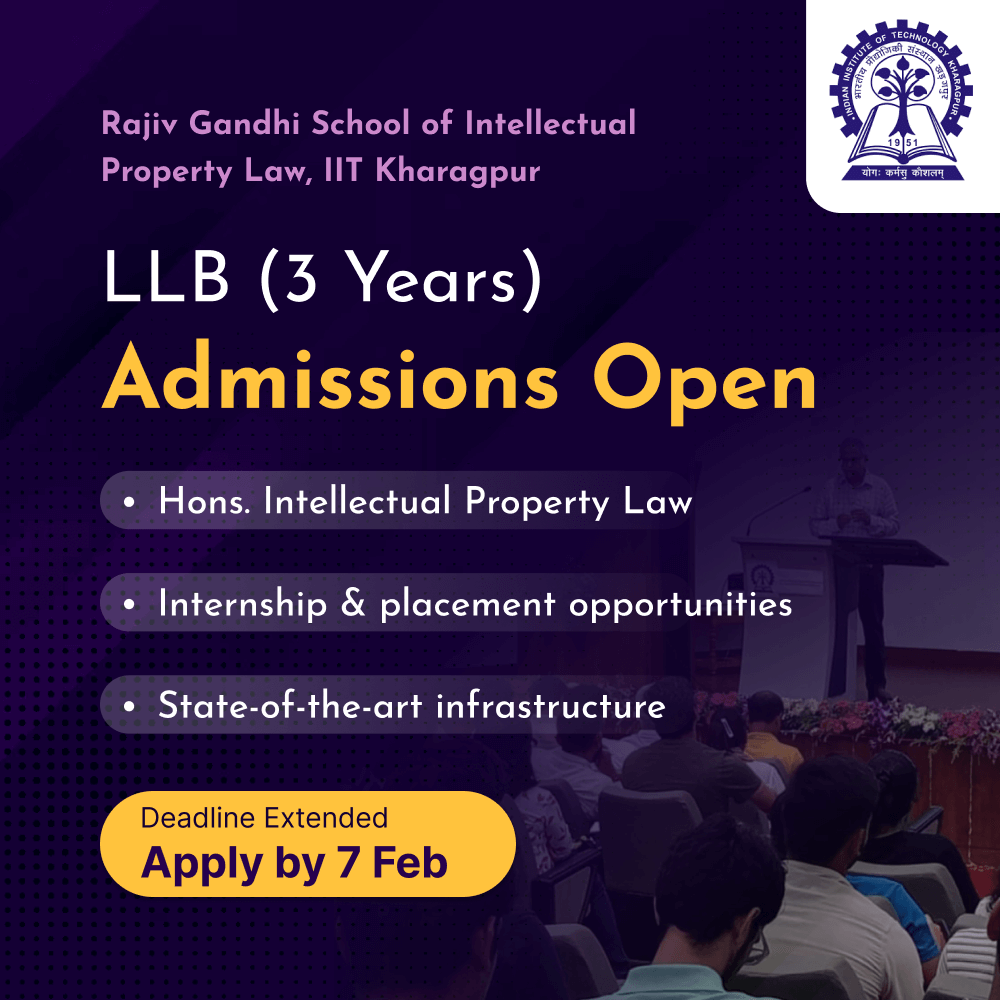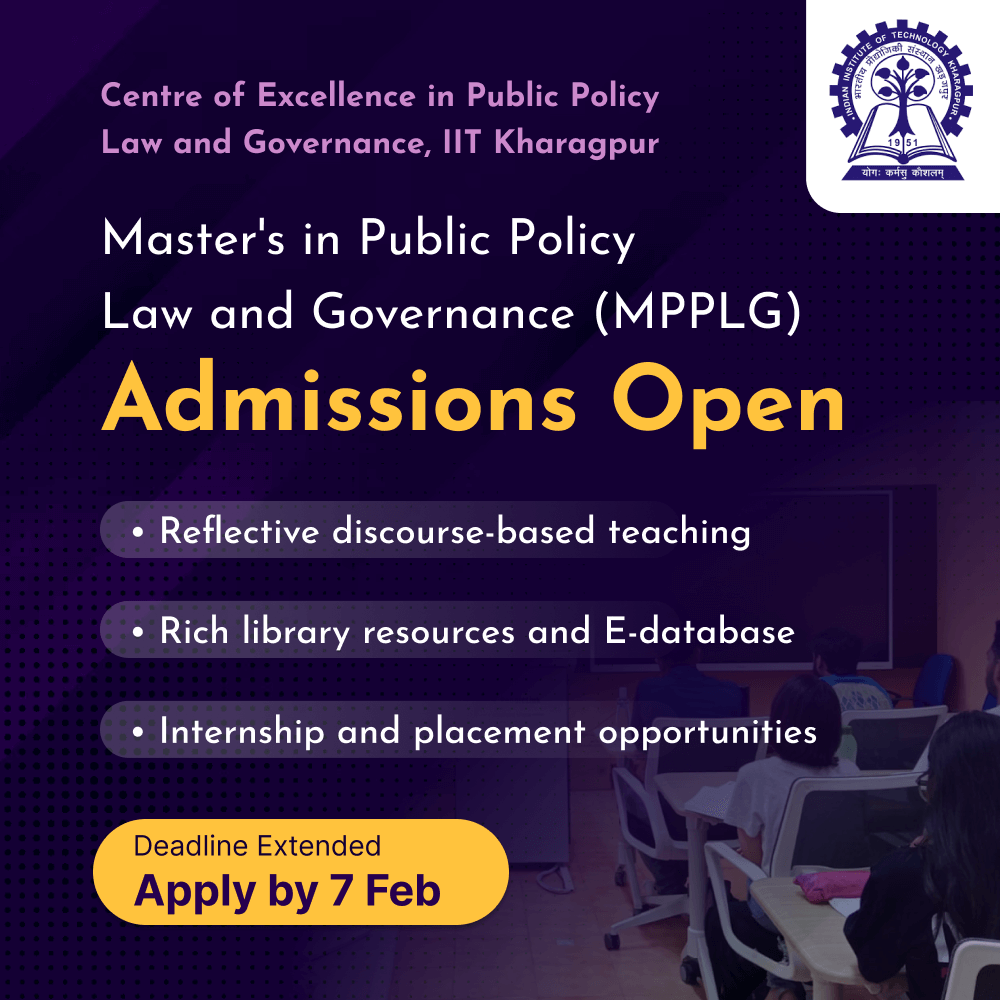Online applications are invited for the Human Frontier Science Program HFSP Research Grant 2025. The last date for the application is March 18, 2025.
About Scheme
HFSP Research Grants support innovative basic research into fundamental biological problems with emphasis placed on novel and interdisciplinary approaches that involve scientific exchanges across national and disciplinary boundaries.
Research grants are provided for teams of scientists who are based in different countries and wish to combine their expertise in innovative approaches to questions that could not be answered by individual laboratories. Preliminary results are not required and applicants are expected to develop new lines of research through the research collaboration.

Fellowship Objective
- Applications for applied research, including medical research typically funded by national medical research bodies, will be deemed ineligible (see guidelines).
- Applicants can check the HFSP Science Digest on recently awardee projects.
- Two types of Grant are available: Research Grants – Early Career and Research Grants – Program.
- Both provide three years support for 2 – 4 member teams.
Awards are fixed sums dependent upon team size.
Eligibility Criteria
- HFSP Research Grants support teams of independent leaders of research groups. Therefore applications from individual scientists or early career researchers carrying out their postdoctoral or PhD level projects are not eligible.
- The Principal Applicant of a Research Grant must have a laboratory in a member country (with the exception of HFSP Career Development Awardees). The other team members and their laboratories may be situated anywhere in the world.
- All team members are expected to direct a research group (however small) and must have a doctoral degree (PhD, MD or equivalent). They must be in a position to initiate and direct their own independent lines of research. The HFSP award is not intended to create scientific independence, this is a decision of the research institute prior to the application.
- All team members must be able to determine the course of the HFSP-funded project and have freedom to administer the grant, if awarded.
- Structure of the team. The research teams must be international (preferably intercontinental). Normally, there will be only one team member with a laboratory in each country, teams with two members at the same institution are not eligible.
- Team members should not have collaborated before, they will normally not have published original research together, and the project must be significantly different from their ongoing research.
- Research Grants – Early Career
- All members of an Early Career grant team must be within 5 years of obtaining an independent position (see below) and must have obtained their first doctoral degree (PhD, MD or equivalent) not longer than 10 years before the deadline for submission of the Letter of Intent.
- All applicants for an Early Career grant must be project leaders directing a research group (however small). They must have full responsibility for the day to day running of their laboratories and will have full control of the HFSP funds.
- Written confirmation may be requested from the Head of Department in the case of an applicant who independently oversees a research theme.
- Research Grants – Program
- While researchers can be at any stage in their independent career, participation of early career researchers is encouraged also in Program Grants.
Award
- HFSP Research Grants are team grants providing financial support to the team for three years. The amount paid depends only on team composition.
- The amount paid depends on the number of team members which normally should be 2 – 4.
- Two members from the same country are acceptable if the team can convince the reviewers that both members are essential for the success of the project. They will be considered as 1.5 team members if they constitute an interdisciplinary collaboration, and will be awarded an amount equivalent to 1.5 team members.
- In the case of a two-member team with one member in a for-profit institution, the annual award will be halved. In teams with more members, the team member in a for-profit research environment will not be included when calculating the amount of the award.
- No detailed budget is required. The award is for costs specifically linked to the project. This includes salaries or stipends for research assistants (post-doctoral scientists, graduate students, technicians) essential for the new collaborative project.
- No salary support (including summer salaries) can be paid from the grant for the Principal Applicant, Co-Applicant or other faculty, institutional staff such as secretaries or laboratory managers, and no student tuition fees can be paid.
How to Apply?
For Applicants
- Applicants must submit a letter of intent to apply for a research grant via the HFSP application site with a deadline at the end of March, and after review, selected teams will be invited to submit a full proposal.
- Link to create an account: Proposal Central
- Step 1 : Letters of Intent
- Deadlines
- i. Compulsory initiation of a letter of Intent by obtaining an LOI ID number (1XXXXXX) by 18 March 2025 (updated for each cycle)
- ii. Submission of Letters of Intent: 27 March 2025 (updated for each cycle)
- Please read the guidelines and the document ‘Writing a letter of intent’ carefully to establish whether your project is clearly in tune with the requirements and emphasis of the research grant program. To apply for a grant, you must first submit a Letter of Intent online as described below. The main steps in applying are as follows:
- 1. The research team must designate one member as Principal Applicant, who will be responsible for final submission of the Letter of Intent. Note the requirement that the Principal Applicant must have his/her primary laboratory in a member country. See the guidelines (Item 3.2. “Principal Applicant”) for more detail.
- 2. In setting up the team, the Principal Applicant must ensure that no team member is a Principal Applicant or Co-Applicant on another proposal (see Item 3.4.”Concurrent Applications” in the guidelines). Failure to ensure this will result in all those applications being withdrawn from the competition.
- 3. The Principal Applicant must obtain a 2026 application number, LOI ID, on the application site as early as possible, but by 18 March 2025 at latest. To this aim, the Principal Applicant will first have to set up an account (if not already in the HFSP database). This will give access to the online application form and further instructions concerning the online submission (including the addition of the other team members). This applies even to Principal Applicants already listed in the HFSP database (e.g. those re-applying from previous years). It is essential to obtain a 2026 reference number until 18 March. The composition of the team can be modified up to the final submission date.
- 4. All team members must be designated as co-applicants on the online form and all co-applicants must approve their participation by accessing the online form before the application can be completed and submitted. A brief explanation of the contributions of the different disciplinary expertise should be provided in the summary which will be used in guiding the review process.
- 5. The letter of intent must be submitted by 27 March 2025. No changes can be made to the letter of intent after final submission.
- 6. The Principal Applicant will be notified by mid-July on the outcome of the Letter of Intent. The deadline for the full proposal will be around mid – September 2025.
- Step 2 : Full Proposals
- For information only, see HERE the instructions for submitting full proposals in the 2025 cycle. These are updated each year.
Deadline
The last date for the application is March 18, 2025


